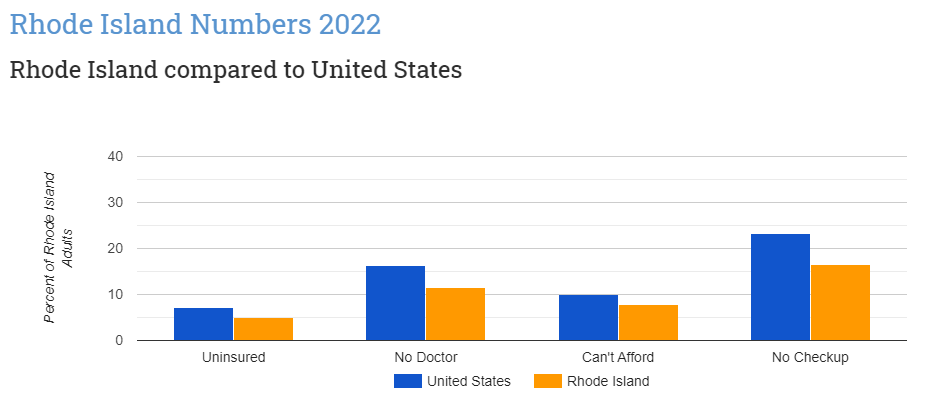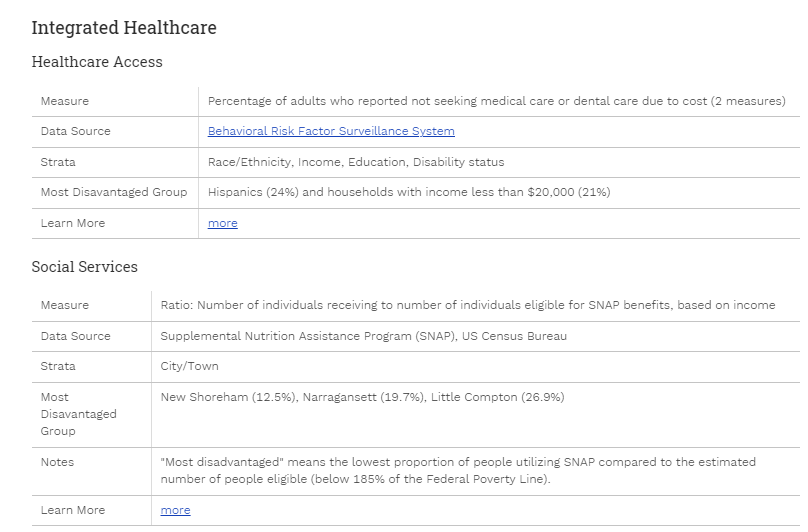Health equity means everyone has a fair and just opportunity to be healthier. This requires removing obstacles to health such as poverty, discrimination, and their consequences, including powerlessness and lack of access to good jobs with fair pay, quality education and housing, safe environments, and healthcare. (What is Health Equity?)
The Lifecourse Approach
The Lifecourse Approach is a way of looking back across an individual’s (or a group's) life experiences to better understand current patterns of health and disease. It aims to identify the underlying biological and behavioral processes that operate across the lifespan. Some important principles of the Lifecourse Approach include:
- Today’s experiences influence tomorrow’s health.
- The broader community environment strongly affects health.
- There are critical periods of growth and development (not just in early infancy, but also during childhood and adolescence) when environmental exposures can do more damage to long-term health than they would at other times in a person’s life.
Socioeconomic and Environmental Determinants of Health
Health is greatly influenced by the social, economic, and physical environments in which people live. These environments can create differences in the health status of groups of people. Examples of socioeconomic and environmental determinants of health include levels of unemployment, the availability of public transportation in a community, the availability of healthy food, and the quality of education that people receive.
Generations-long social, economic, and environmental inequalities result in adverse health outcomes. They affect communities differently and have a greater influence on health outcomes than either individual choices or one's ability to access healthcare. Reducing differences in health outcomes between different groups of people through policies, practices, and organizational systems can help improve opportunities for all Rhode Islanders.


